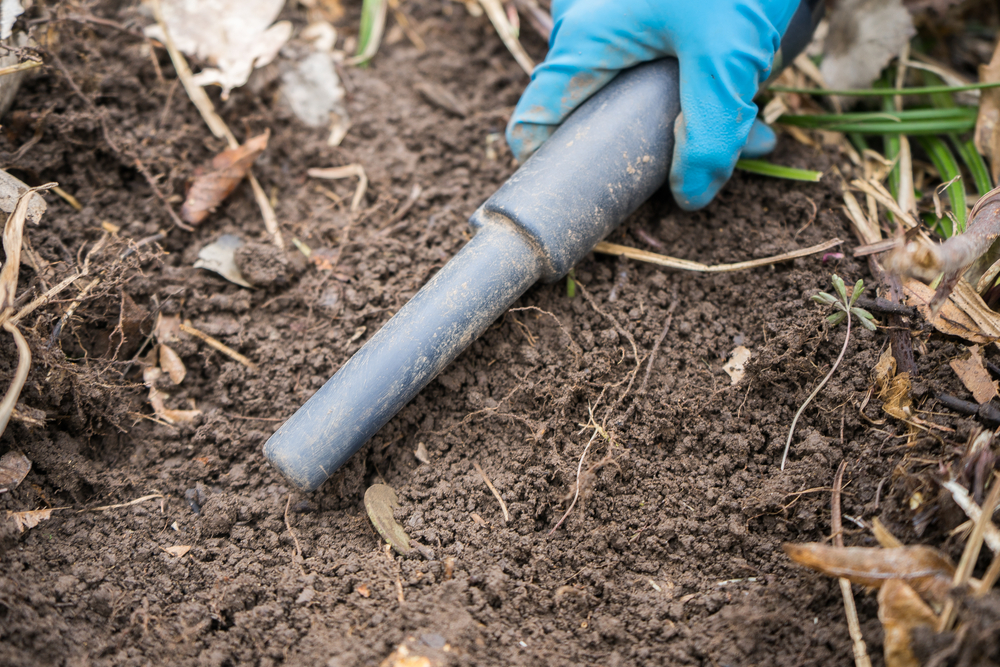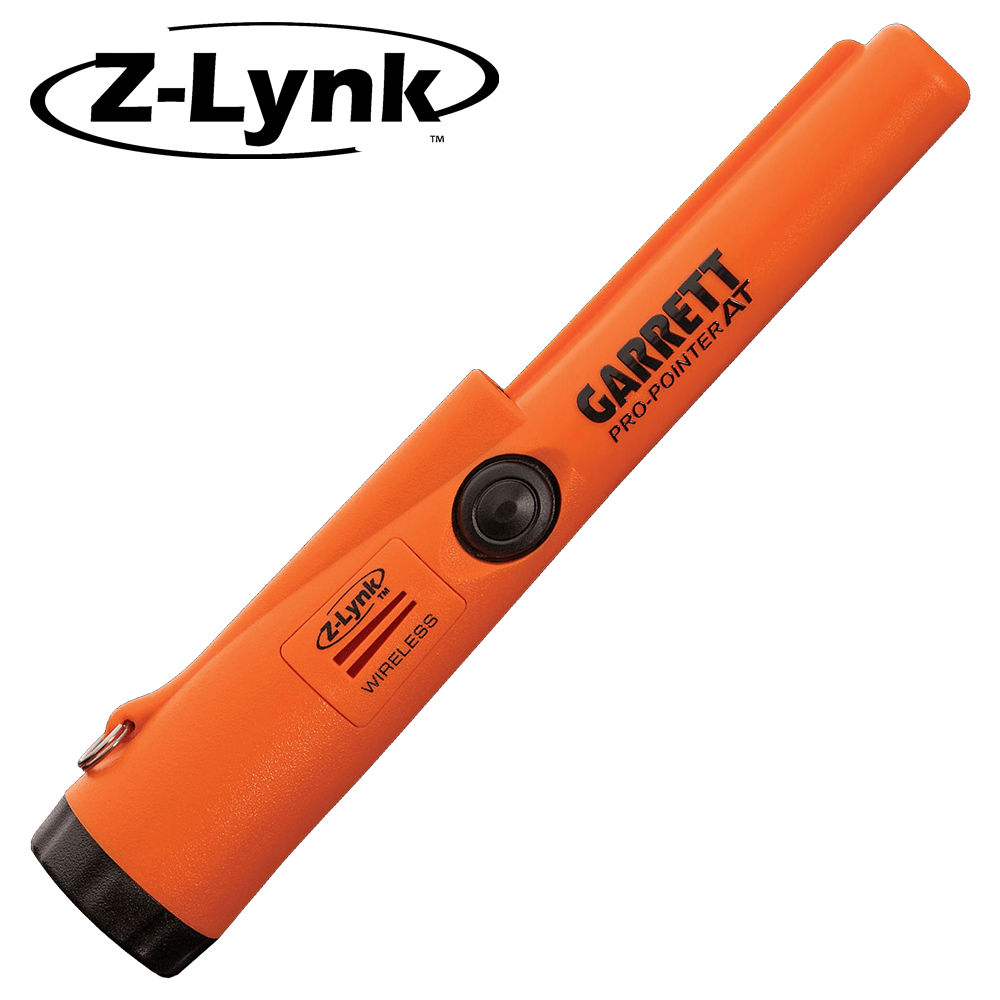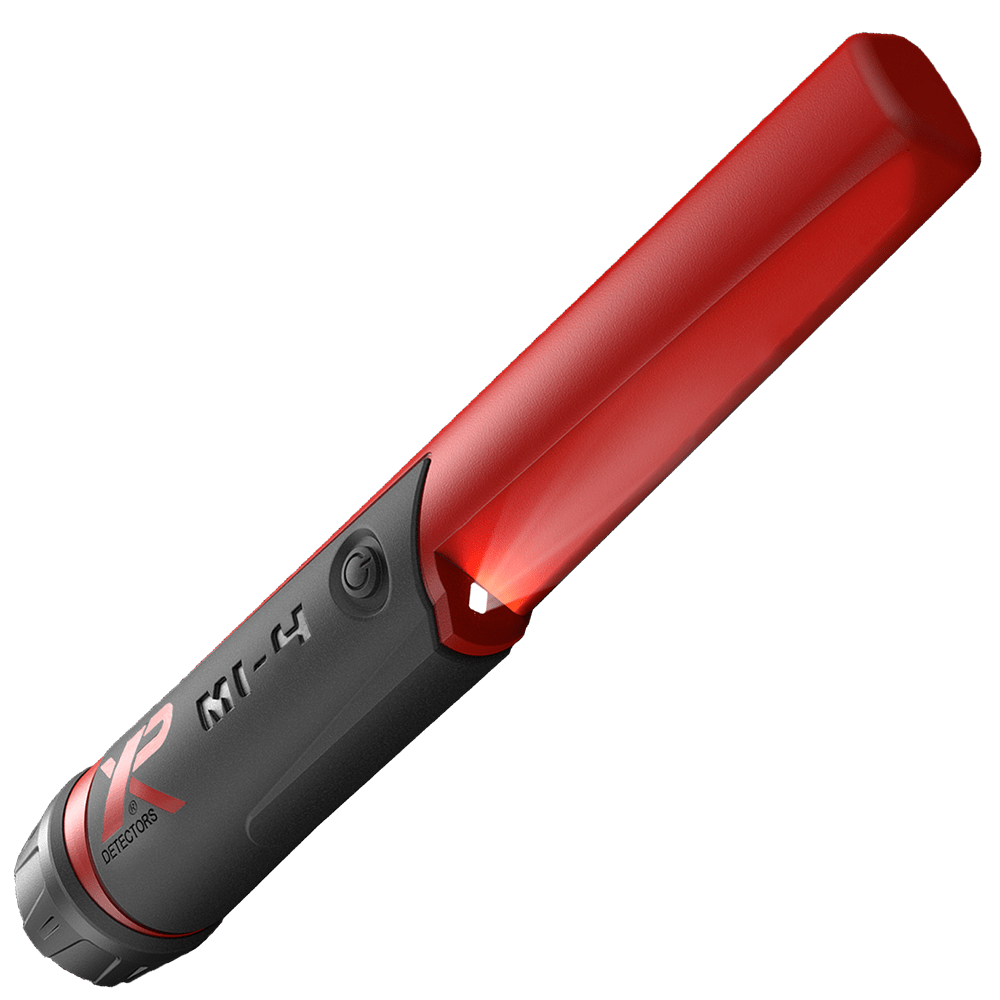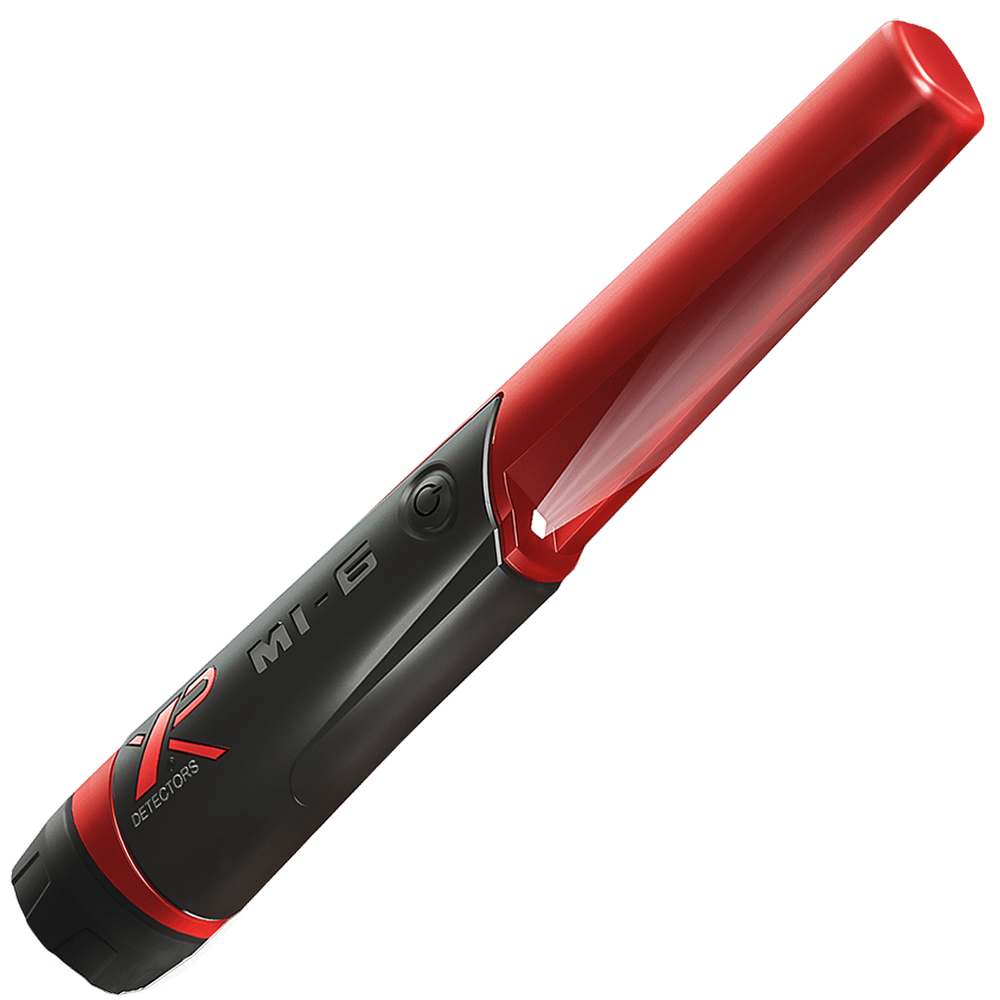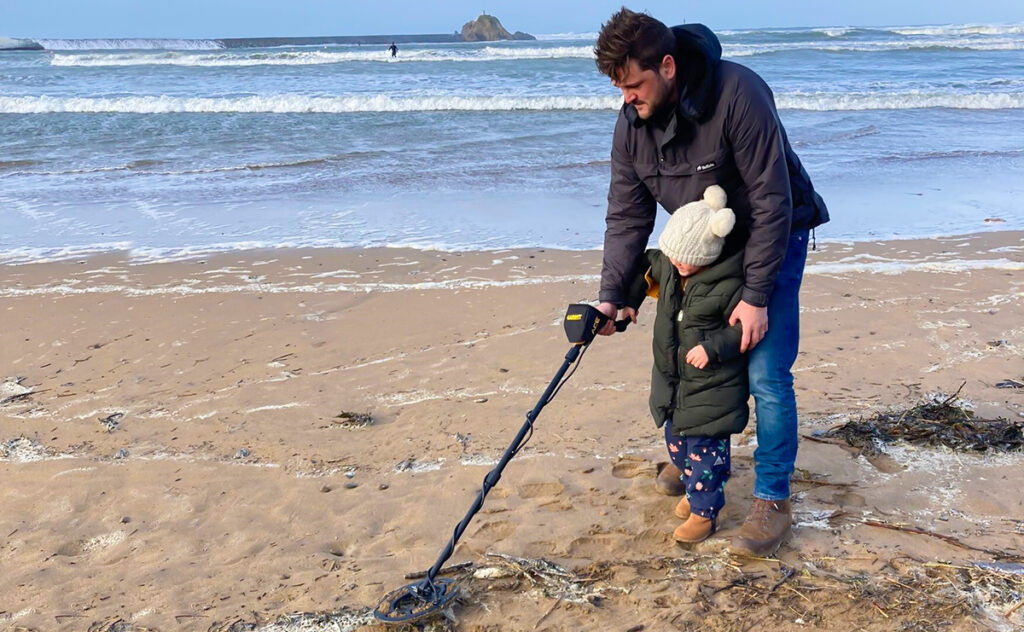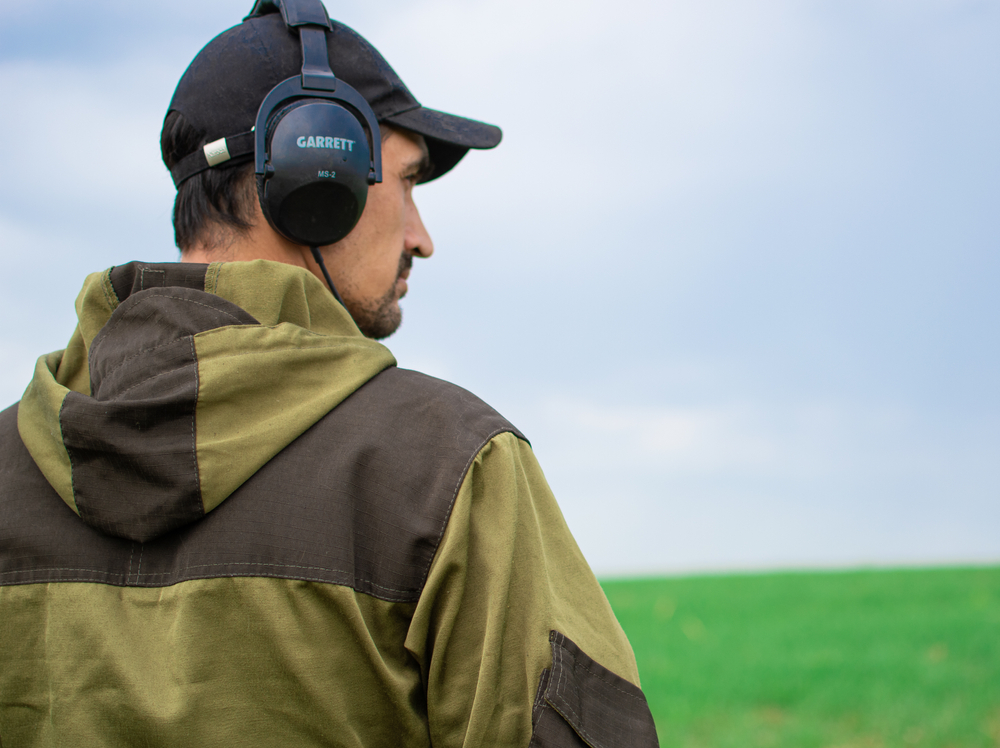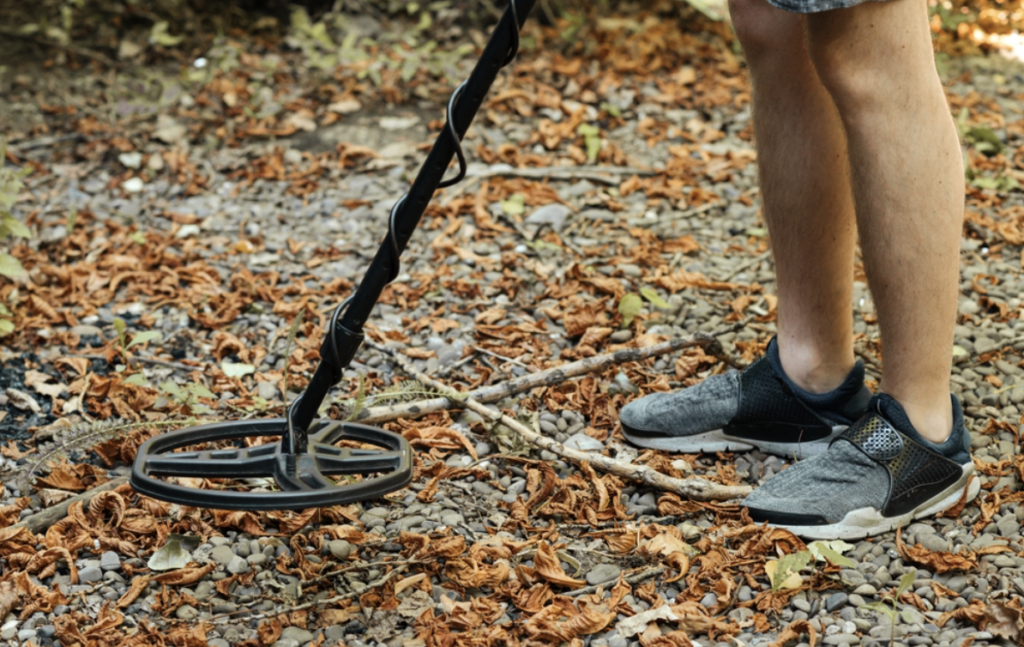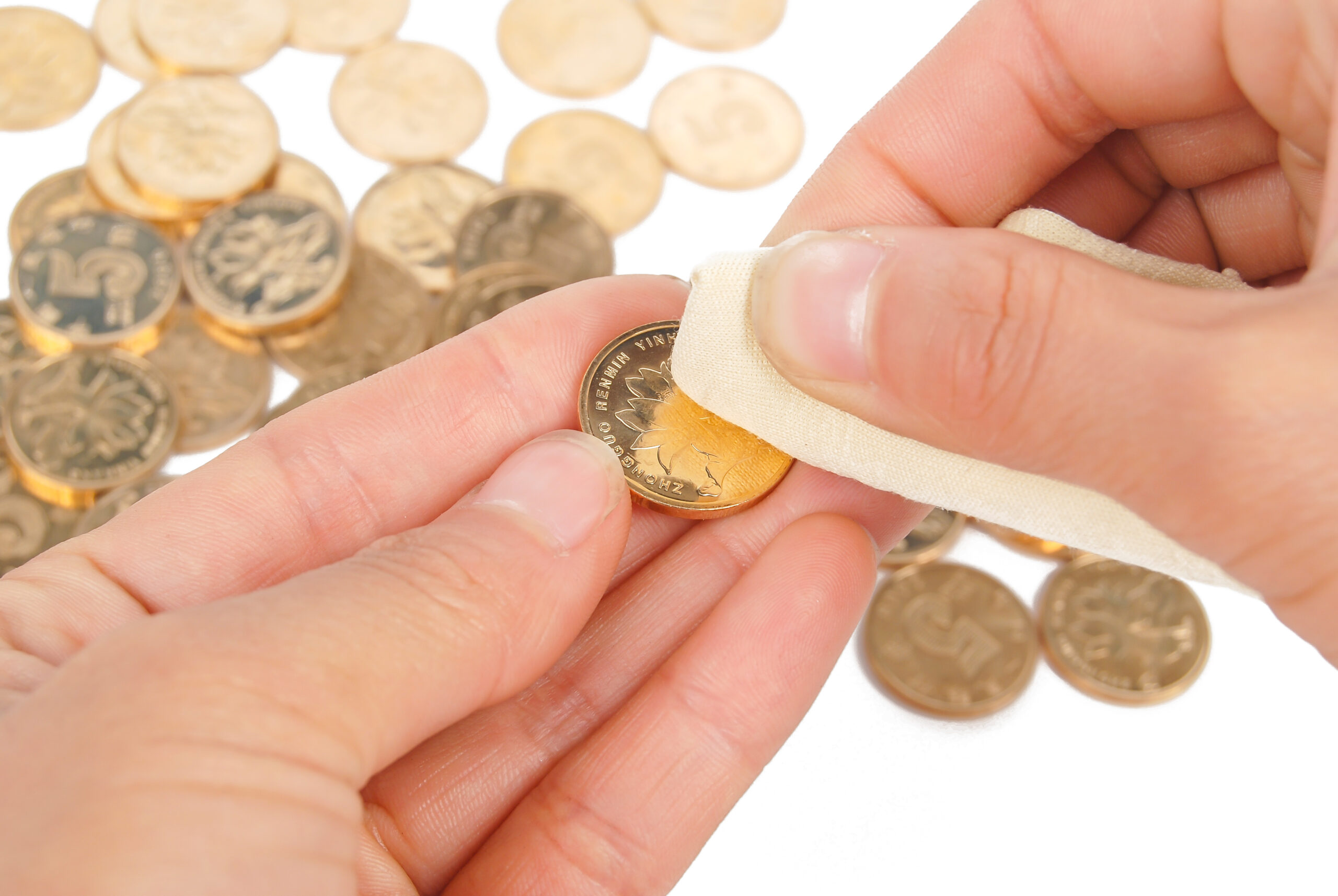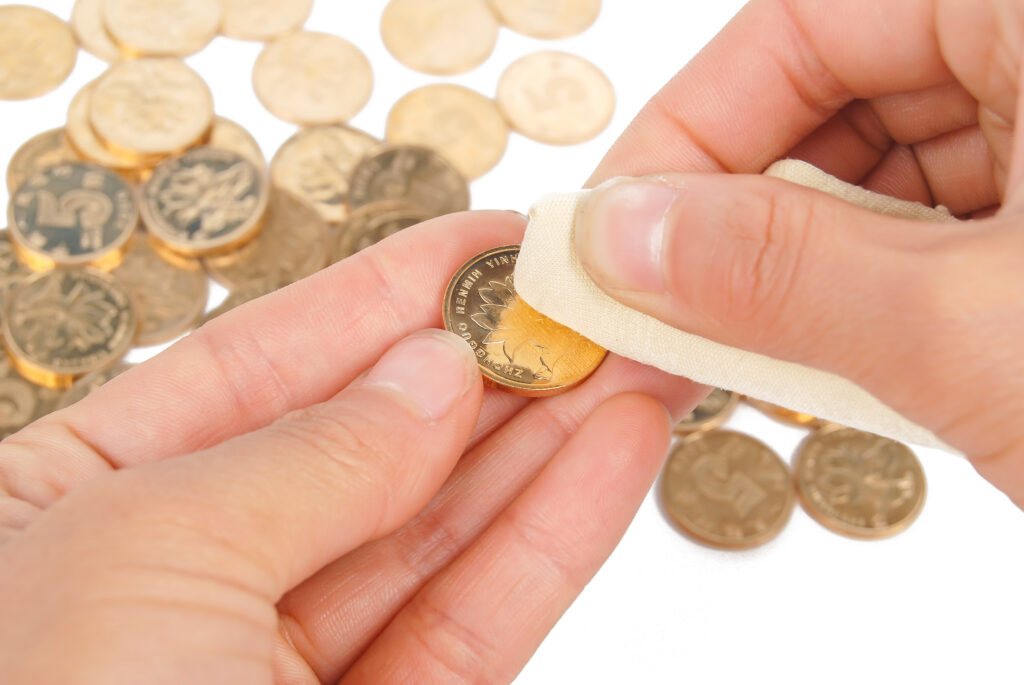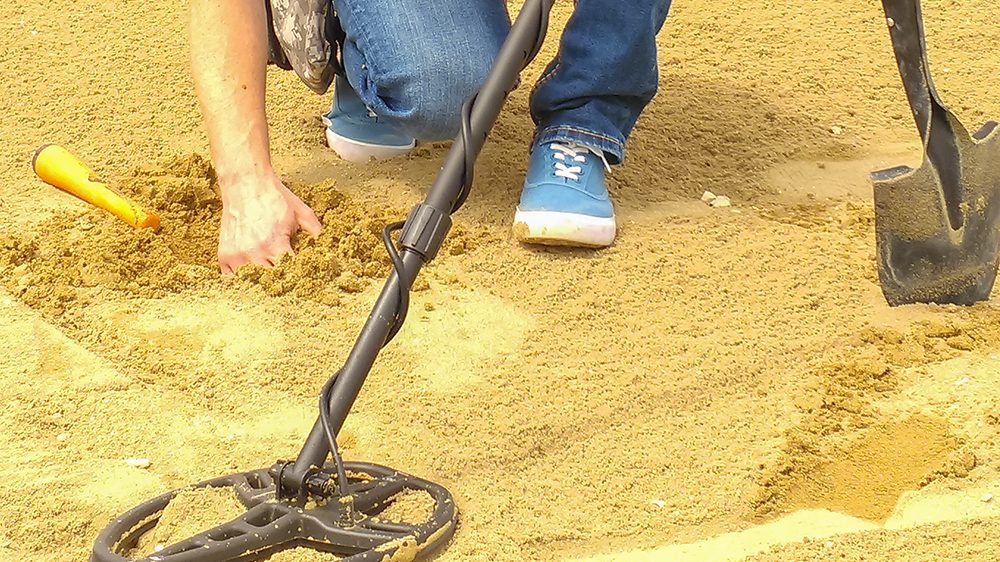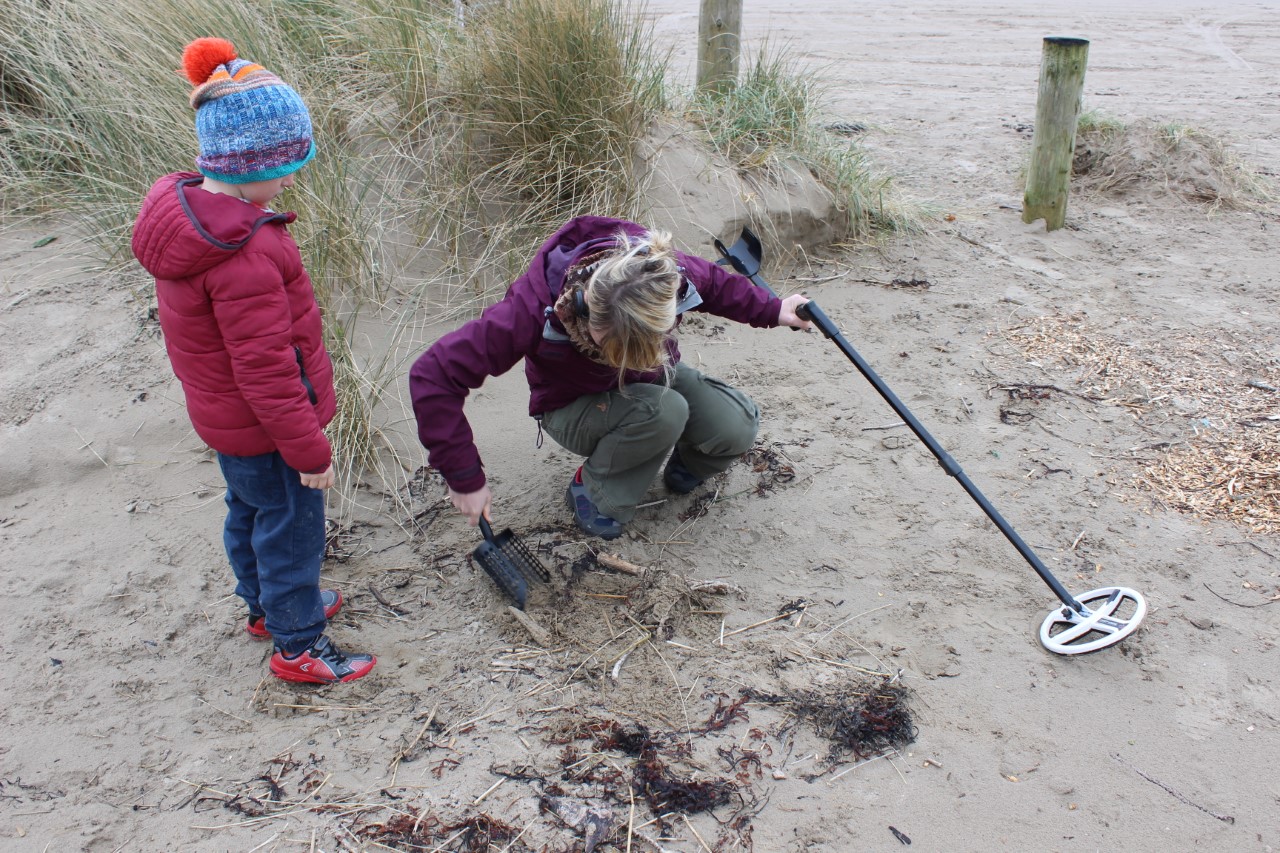Are you ready to unlock the secrets of successful metal detecting with the Deus series by XP – one of the most advanced detectors available today? Look no further; this blog will take you on a journey into the world of Deus metal detectors and how to make the most of their cutting-edge technology.
Why Choose Deus Metal Detectors?
Before we dive into the specifics, let’s explore why the Deus is making waves among detectorists across the nation:
FMF® Technology
XP has revolutionised metal detecting with Fast Multi-Frequency (FMF) technology. This innovation allows you to explore inland, freshwater, and saltwater environments with unmatched precision.
Engineering Excellence
XP’s philosophy is all about quality without compromise. Every component of Deus detectors is meticulously designed and engineered for optimal performance, ensuring you get the best results.
Wireless Connectivity
Pairing the main components of Deus detectors is a breeze thanks to XP’s patented wireless protocol. This means no delay in transmitting target signals to either a built-in speaker or your headphones.
Lightweight and Ergonomic Design
The super-lightweight telescopic ‘S’ stem of Deus detectors is not only a technical marvel but also incredibly comfortable to use. Its collapsible design sets it apart from other detectors.
Customisation Options
With Deus, you have the freedom to choose from various coil sizes, remote control options, and headphones, tailoring your detector to your preferences and needs.
Deus Metal Detectors: Your All-Terrain Treasure-Hunting Companion
One of the standout features of the Deus is the adaptability to different environments and conditions. Here’s why they’re suitable for all types of detecting in the UK:
- Designed for All Grounds: Deus detectors are versatile, built to excel on land, beach, and underwater—whether in freshwater or saltwater. Their waterproof coil and remote control ensure visibility and functionality even when submerged.
- Enhanced Target ID: The target ID numbers are displayed clearly, helping you identify your finds with ease. Deus detectors also offer upgraded audio interfaces, allowing you to choose from various audible tones and equaliser settings.
- Longevity Guaranteed: XP’s commitment to quality is evident in their five-year warranty on all main components. These detectors are built to last for years, reducing the need for frequent replacements.
- Wireless Headphones with a Difference: Deus comes with three headphone options, including waterproof bone-conduction headphones suitable for depths of up to 20 metres. Their audio headphones are designed to meet the specific requirements of detecting, with no audio latency and automatic On/Off features.
Mastering your Deus metal detector
Mastering your Deus metal ddfsfsfetectorNow that you’re acquainted with the incredible features of your Deus metal detector, it’s time to explore how to make the most of them. Here are some tips:
- Know Your Ground: Understanding the specific challenges and opportunities offered by different locations, from ancient farmlands to coastal shores, can help you optimise your detecting time.
- Stay Informed: Keep up-to-date with local detecting laws and regulations. The UK has a rich history, and responsible detecting ensures historical and cultural heritage is preserved.
- Join the XP Community: XP has a thriving community of detectorists. Engage with fellow enthusiasts, share your finds, and learn from their experiences. Facebook is a great place to join in the latest conversation on detecting finds.
- Regular Updates: XP provides USB updatable software for your detector via the internet. Make sure your Deus is always up-to-date to benefit from the latest features and improvements.
By using a Deus metal detector, you will be rewarded with a unique experience. Their advanced technology, versatility, and commitment to quality make them an excellent choice for both beginners and experienced detectorists. So, grab your Deus, explore the diverse landscape, and uncover the relics hidden beneath the surface.
Doing some research before you buy? Shop out Deus II metal detector here.
Happy detecting!
